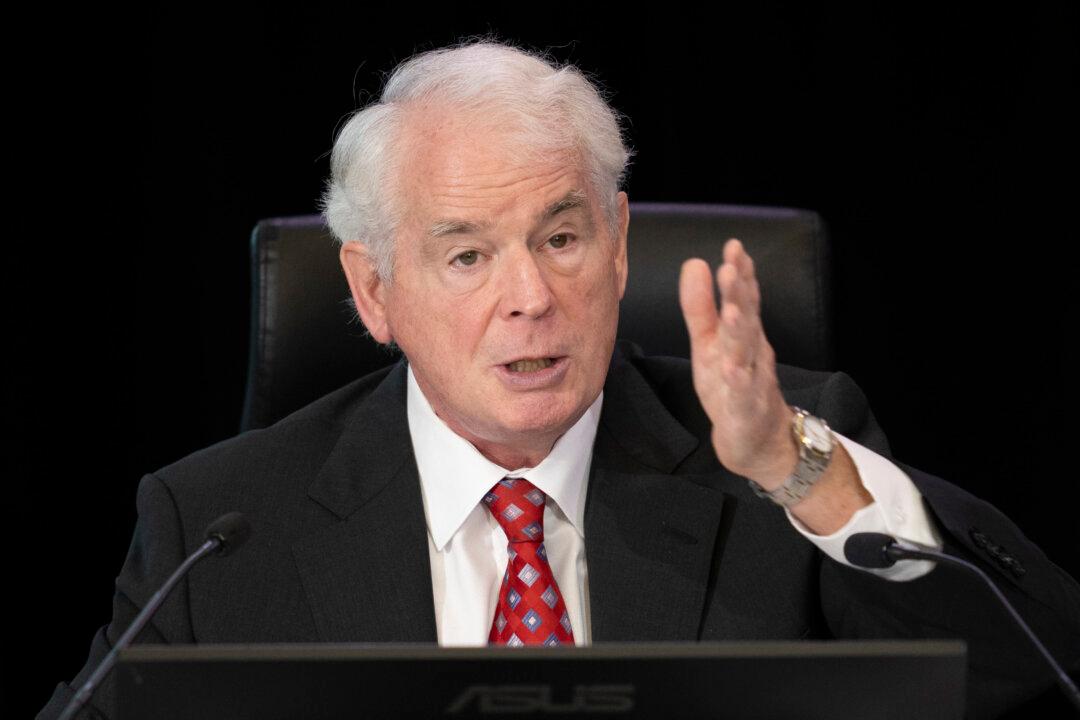The commissioner presiding over the inquiry into the government’s invocation of the Emergencies Act says the commission’s work will revolve around the mandate granted by Parliament, rather than the one given by cabinet which focuses on protesters’ actions.
“While this inquiry will deal with a wide range of issues, its focus will remain squarely on the decision of the federal government,” said commissioner Paul Rouleau during his remarks opening the public hearings phase of the inquiry in Ottawa.





